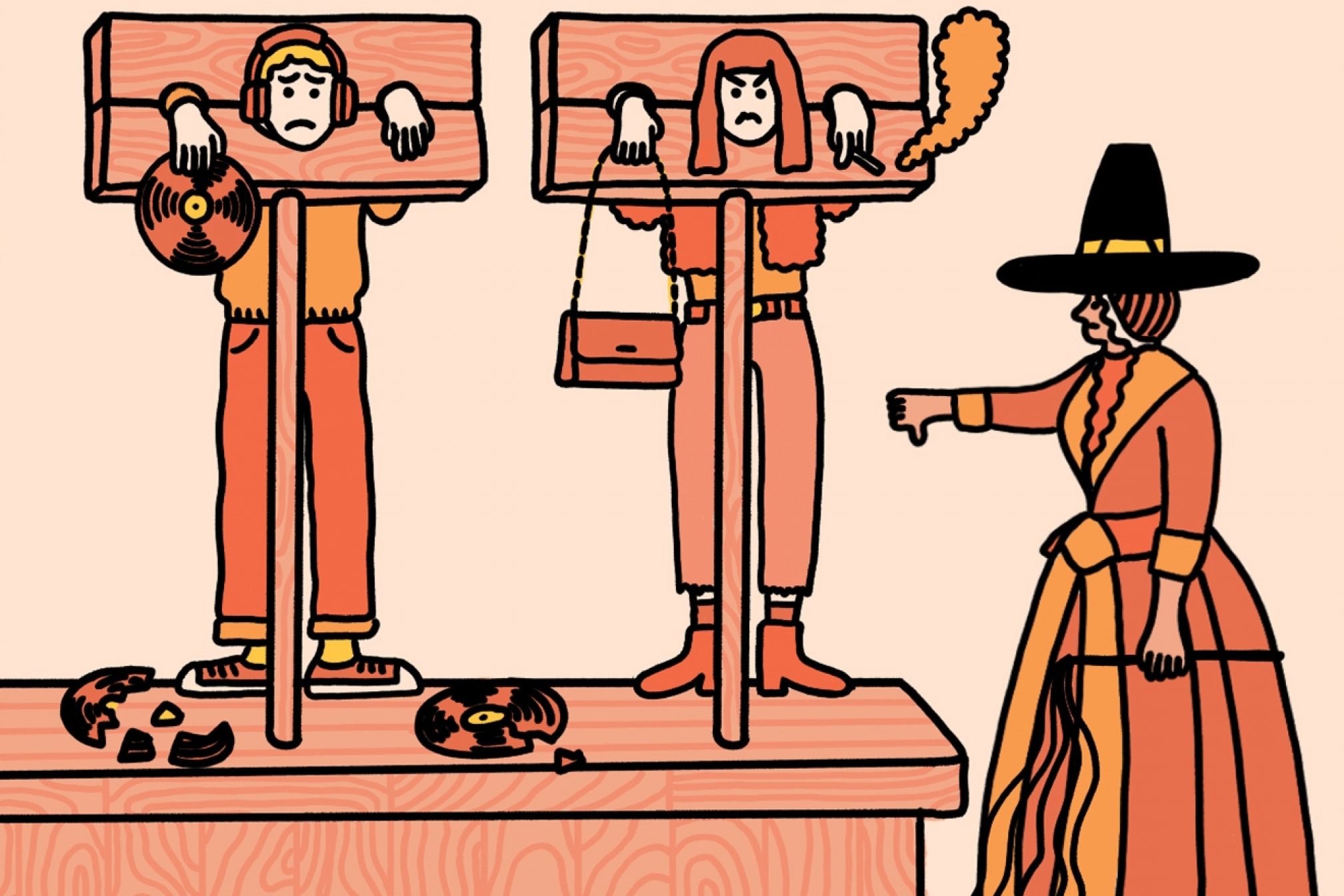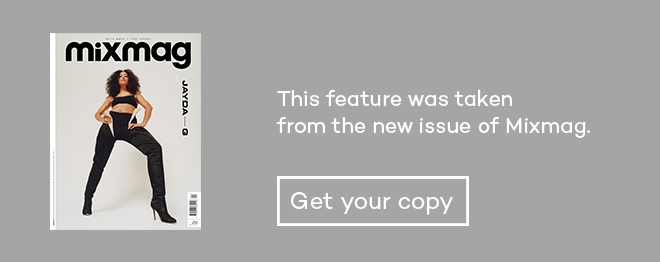 Features
Features
Don’t Kill Live Music: New South Wales is rallying against its puritanical government
The latest attack on festivals in Australia is a reminder to be vigilant against these new puritans in government
Three years ago, when word got out that Prince had been denied entry into a Sydney nightclub, it seemed like the city could not sink any lower. The city’s clubs had been all but wiped out, choked to death by overregulation and subject to laws that meant no one – not even motherfucking Prince – could enter a venue after 1:30AM.
It was bad then, but in 2019, Sydney is finding out just how much lower it can go. First, we were the city where the only place you could go late at night was the casino. Now, we’re on track to become Australia’s first festival-free zone.
It wasn’t always like this. All through the 90s and 2000s, Sydney was home to one of the healthiest dance music communities in the world. We might not have had the big names of Berlin or Ibiza, but the parties that happened here and the clubs that hosted them were legendary. But all it took for things to come undone was the wrong leaders – in this case, a right-wing party with long ties to puritanical Christianity – getting into power in 2011. A few years down the track, Sydney has become a cautionary tale about what can happen to a city when a conservative government zeros in on dance music as an easy target and starts swinging. It happened to us,and it could happen to you, too.
The beginning of the end for Sydney was in 2014, when the mainstream media incited a moral panic over violence in the clubbing district of Kings Cross. Almost overnight, the government introduced the “lockout laws” as a knee-jerk response, which as well as banning entry to clubs after 1:30AM, prohibited the sale of alcohol after 3AM. Those laws have decimated the Cross area and prompted many of Sydney’s favourite clubs to close.
As lockouts made it harder for promoters to stage events at night, the focus for many shifted to day parties and festivals. But now the government is coming for those, too.
In the first months of 2019, another moral panic – this time over drug-related deaths at festivals – has dealt the local industry a blow that may force electronic events out of the state for good. While drug reform advocates begged for pill testing to be introduced, our State Premier Gladys Berejiklian had another approach in mind: make it too expensive for festivals to operate here at all.
The government decreed that events they’ve classed as ‘high risk’ (a list dominated by dance events) won’t be able to obtain a license to operate unless they also foot the bill for the cost of police and emergency services attending. That deal is provided at an astronomical price point – in February, the Mountain Sounds festival had to cancel the event with just one week to go after being hit with an AUD$200,000 (nearly £110,000) bill for police services. This is not a festival on the scale of Glastonbury, but a boutique party that just 16,000 attended in 2018.
The fightback has been swift. Thousands responded by marching through the city at a Don’t Kill Live Music rally, while high-profile artists like Peking Duk have called on their fans to vote the state government out. One festival, Bluesfest, has already announced their intent to move to a different state in 2020. Many event promoters have banded together to form the Australian Festival Alliance, a body that plans to push back against the regulations; five of them have announced a class action lawsuit against the NSW state government. Others are staying quiet, afraid to draw attention to themselves and incur the wrath of Berejiklian.
It’s not just a matter of money; the government is making its muscle felt in other ways, too. At February’s Secret Garden festival, police presence was so overbearing that artists there to play at the event reported being strip-searched upon entry. There were even rumours of one woman being forced to remove a tampon to prove she wasn’t carrying drugs internally. Earlier this year, at a different festival, a photo of no less than nine police officers standing in front of the booth while a DJ played his set went viral on Facebook.
This might sound like a uniquely Sydney problem, but it has parallels all over the world. To see how quick authorities still are to demonise dance music you only have to look at former Soviet state Georgia, where police, driven, many believe, by religious moral panic over LGBT spaces, last year stormed clubs over trumped up drug charges; Uganda, where populist politicians attempted to whip up bigotry against the Nyege Nyege festival; or Glasgow, where the beloved Arches was forced to close after Byzantine licencing restrictions were imposed that included stopping the music and turning the lights on for five minutes every hour.
Sydney has learned the hard way that you’re only ever one government away from the end of the party. You might not think it now, but it could be your city next. Be vigilant.
Katie Cunningham is a freelance writer, follow her on Twitter
Tiago Majuelos is an illustrator and animator, follow him on Instagram
Read this next!
Why Melbourne has become so much better for partying than Sydney
Strawberry Fields is at the forefront of Australia's thriving 'bush doof' scene
We went to Georgia to investigate the threat to the country's club scene



